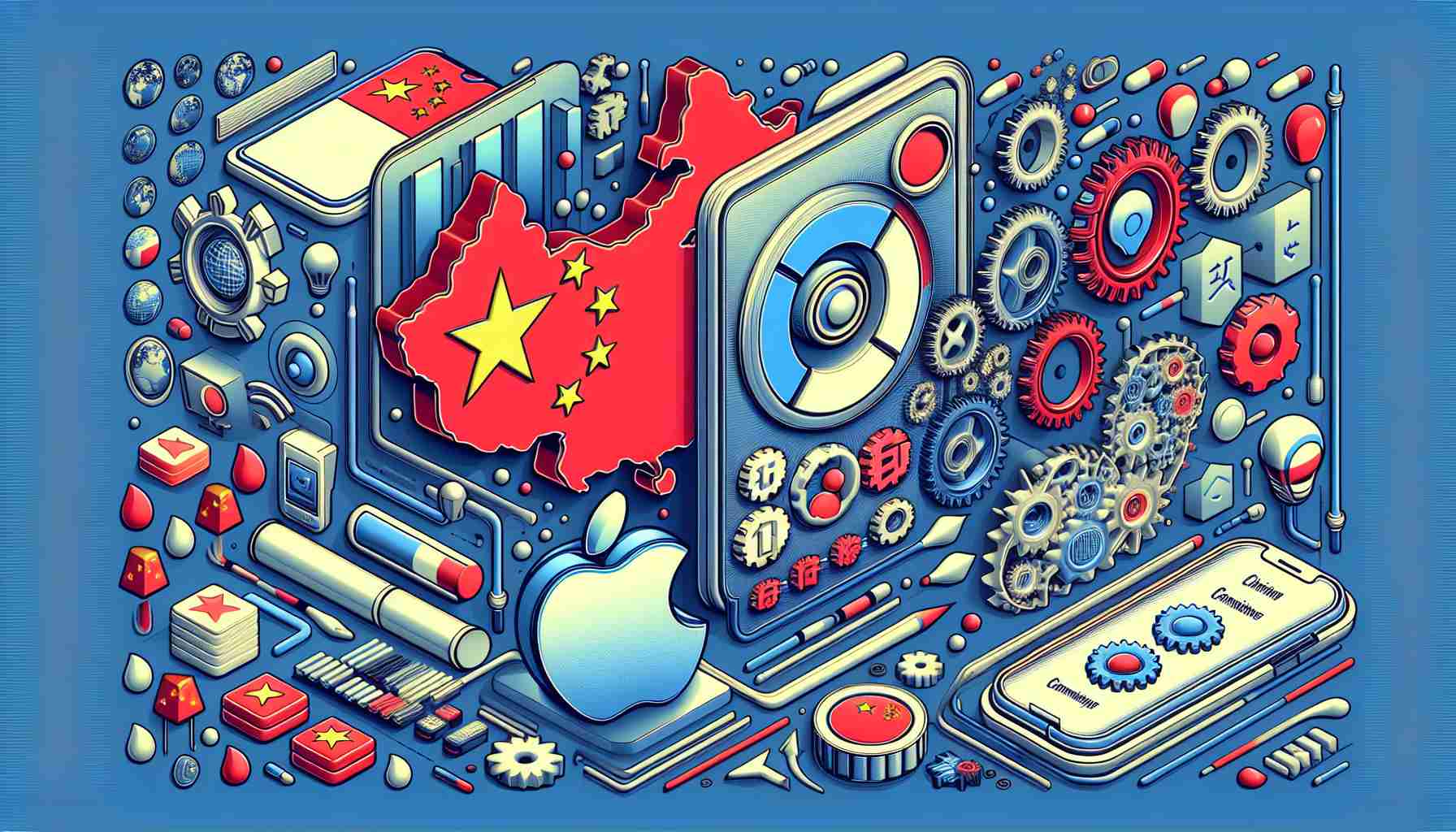Apple’s recent announcement about bringing RCS messaging to the iPhone in 2024 had raised eyebrows, as it seemed to be a move related to European Commission regulations. However, it appears that there is another significant force behind this decision – China.
According to well-connected blogger John Gruber, it is China, not the European Commission or the impending Digital Markets Act rules, that is the driving force behind Apple’s move to support RCS on the iPhone. China has recently implemented a law that requires all 5G devices to have RCS support to receive certification for sale in the country.
RCS messaging, a rich messaging format that replaces SMS, offers features like read states and rich media. Currently, it lacks built-in encryption. Surprisingly, this absence of encryption does not pose a problem for Chinese officials, given the country’s position on such matters.
Considering China’s influence, it becomes clear why Apple would choose to introduce RCS messaging on its devices. The Chinese market is a vital one for tech companies, and complying with the country’s regulations would allow Apple to continue selling iPhones in China. By adding RCS support, Apple ensures that its devices receive the necessary certification and can remain in the Chinese market.
While the assumption was initially that Apple’s decision was solely driven by European Commission regulations, this revelation provides a fresh perspective. The intertwining dynamics of global markets and geopolitical factors highlight the complex decisions companies like Apple must make to navigate international regulations effectively.
In conclusion, Apple’s move to support RCS messaging on the iPhone in 2024 serves a dual purpose – complying with China’s requirements while also addressing the needs of users worldwide who desire enhanced messaging capabilities. This development showcases the intricate balance that tech companies must strike between satisfying regulatory demands and meeting customer expectations in different regions.
FAQs about Apple’s Move to Support RCS Messaging on the iPhone:
1. What is RCS messaging?
RCS messaging stands for Rich Communication Services messaging. It is a messaging format that offers features like read states and rich media, replacing conventional SMS.
2. Why is Apple bringing RCS messaging to the iPhone?
Apple’s decision to support RCS messaging on the iPhone is driven by two main factors. Firstly, China recently implemented a law requiring all 5G devices to have RCS support for certification. Secondly, the Chinese market is crucial to Apple, and complying with China’s regulations allows the company to continue selling iPhones in the country.
3. Does RCS messaging have built-in encryption?
No, currently, RCS messaging lacks built-in encryption. However, this absence of encryption is not a significant concern for Chinese officials.
4. Was Apple’s decision solely driven by European Commission regulations?
Initially, it was assumed that Apple’s move to support RCS messaging was solely due to European Commission regulations. However, it has been revealed that China’s requirements are a significant driving force behind this decision.
5. How does this decision showcase the challenges faced by tech companies?
Apple’s move highlights the complex decisions that tech companies like Apple must make to navigate international regulations effectively. They need to balance regulatory demands from different regions while still meeting customer expectations.
Key Terms:
– RCS messaging: Rich Communication Services messaging, a messaging format that offers advanced features and replaces traditional SMS.
– European Commission: The executive branch of the European Union responsible for proposing legislation, implementing decisions, and managing EU policies.
– Digital Markets Act: Proposed legislation by the European Commission aimed at regulating digital platforms and preventing anti-competitive behavior.
– 5G: The fifth generation of wireless technology that provides faster data speeds and low latency.
– Certification: The process of obtaining official approval or recognition, ensuring that a product meets specific standards or requirements.
Related Links:
– Apple
– European Commission
– Qualcomm
The source of the article is from the blog xn--campiahoy-p6a.es
